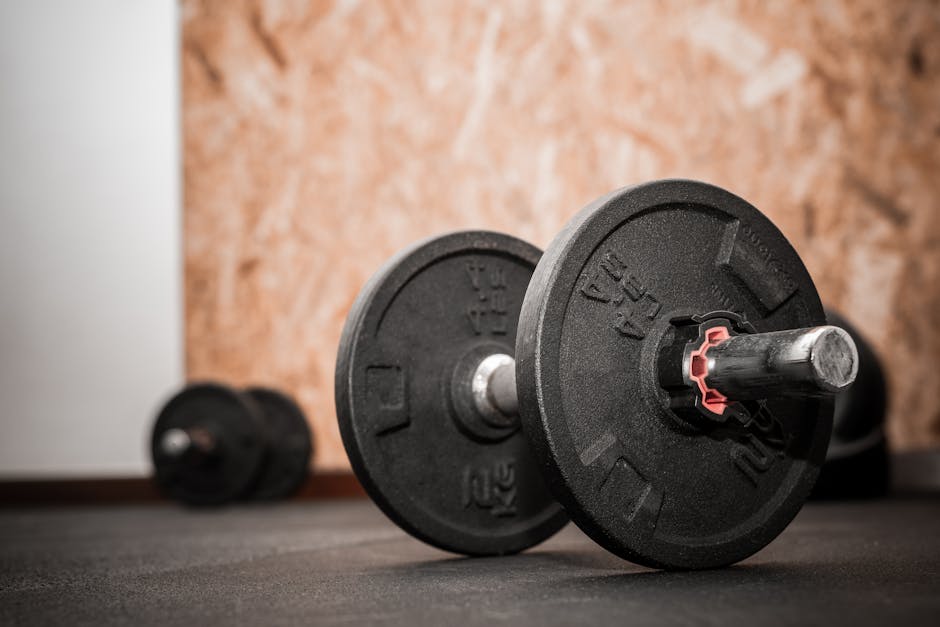Losing fat can be a challenging but rewarding endeavor. Whether you want to improve your health, boost your confidence, or simply fit into your favorite pair of jeans, embarking on a fat loss journey requires a combination of healthy habits, dietary changes, and exercise. Here's a comprehensive guide to help you achieve your fat loss goals:
**Dietary Considerations**
The cornerstone of any fat loss plan is a healthy and balanced diet. Focus on consuming nutrient-rich foods such as fruits, vegetables, lean protein, and whole grains. These foods are low in calories and high in fiber, promoting satiety and reducing cravings.
Limit your intake of processed foods, sugary drinks, and unhealthy fats. These foods are high in calories and low in nutrients, contributing to weight gain. Instead, opt for homemade meals and healthy snacks to control your calorie intake.
**Exercise Regimen**
Regular exercise is essential for burning calories and boosting metabolism. Engage in at least 150 minutes of moderate-intensity exercise or 75 minutes of vigorous-intensity exercise per week. Choose activities that you enjoy, as you're more likely to stick to them.
Incorporate a mix of aerobic exercises, such as running, cycling, or swimming, with strength training exercises, such as weightlifting or bodyweight exercises. Aerobic exercises help burn calories while strength training helps build muscle, which boosts your metabolism.
**Sleep and Stress Management**
Getting adequate sleep is crucial for fat loss. Sleep deprivation can lead to hormonal imbalances that increase appetite and cravings. Aim for 7-9 hours of quality sleep each night.
Stress can also contribute to weight gain by triggering the release of cortisol, a stress hormone that promotes fat storage. Engage in stress-reducing activities such as yoga, meditation, or spending time in nature.
**Hydration**
Water is essential for overall health and can help with fat loss. Drinking plenty of water can boost your metabolism, curb hunger, and reduce fluid retention. Carry a water bottle with you throughout the day and aim to drink 8-10 glasses of water daily.
**Realistic Goal Setting**
Setting realistic fat loss goals is important. Avoid setting overly ambitious goals that can lead to frustration and discouragement. Start with a goal of losing 1-2 pounds per week, which is a healthy and sustainable rate of weight loss.
**Consistency and Patience**
Losing fat requires consistency and patience. It's not a quick fix, but rather a gradual process that takes time and effort. Don't get discouraged if you have setbacks along the way. Just stay committed to your plan and you will eventually achieve your goals.
**Seek Professional Advice**
If you're struggling to lose fat on your own, consider consulting with a registered dietitian or certified personal trainer. They can provide personalized guidance and support to help you develop a tailored plan that meets your specific needs.

